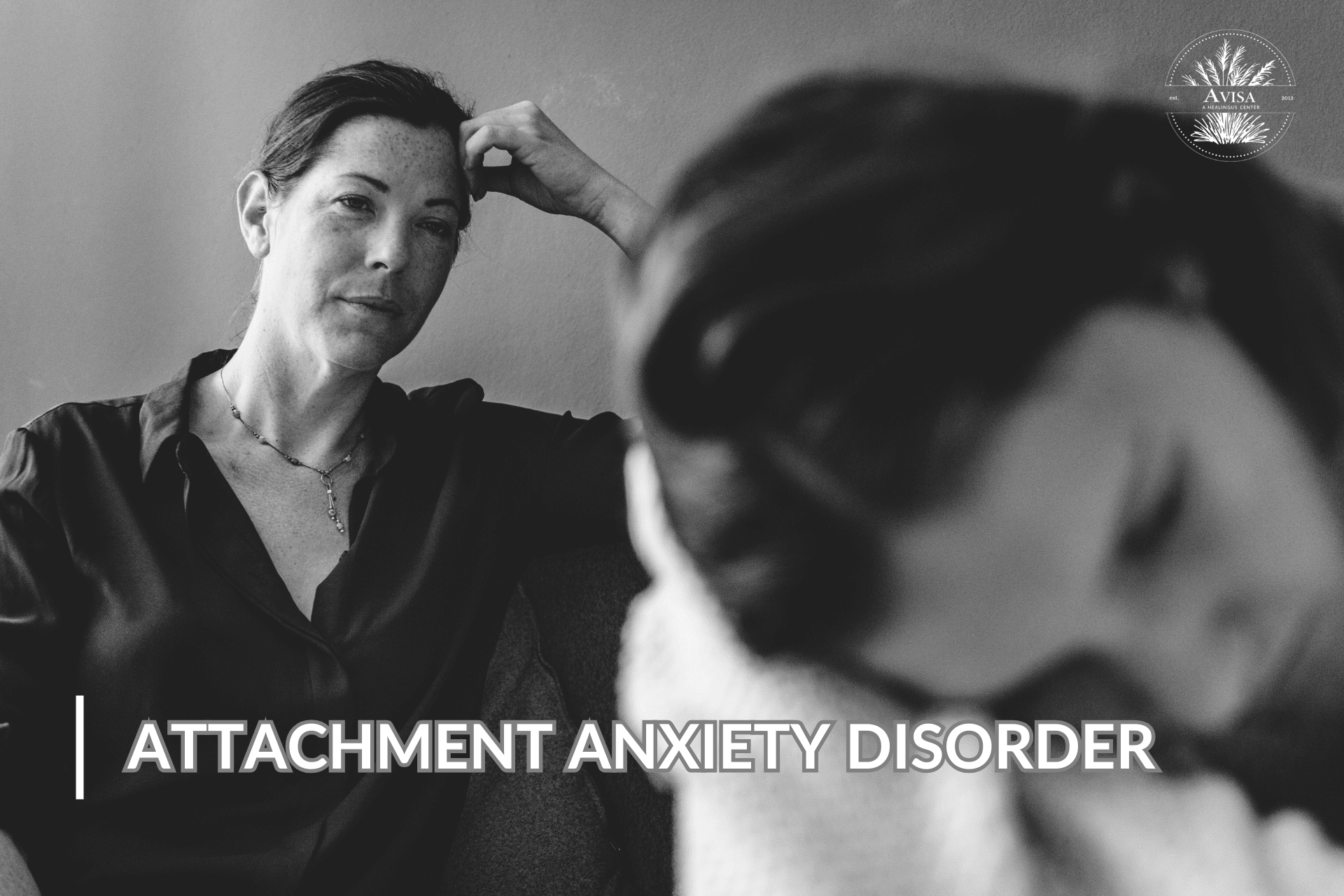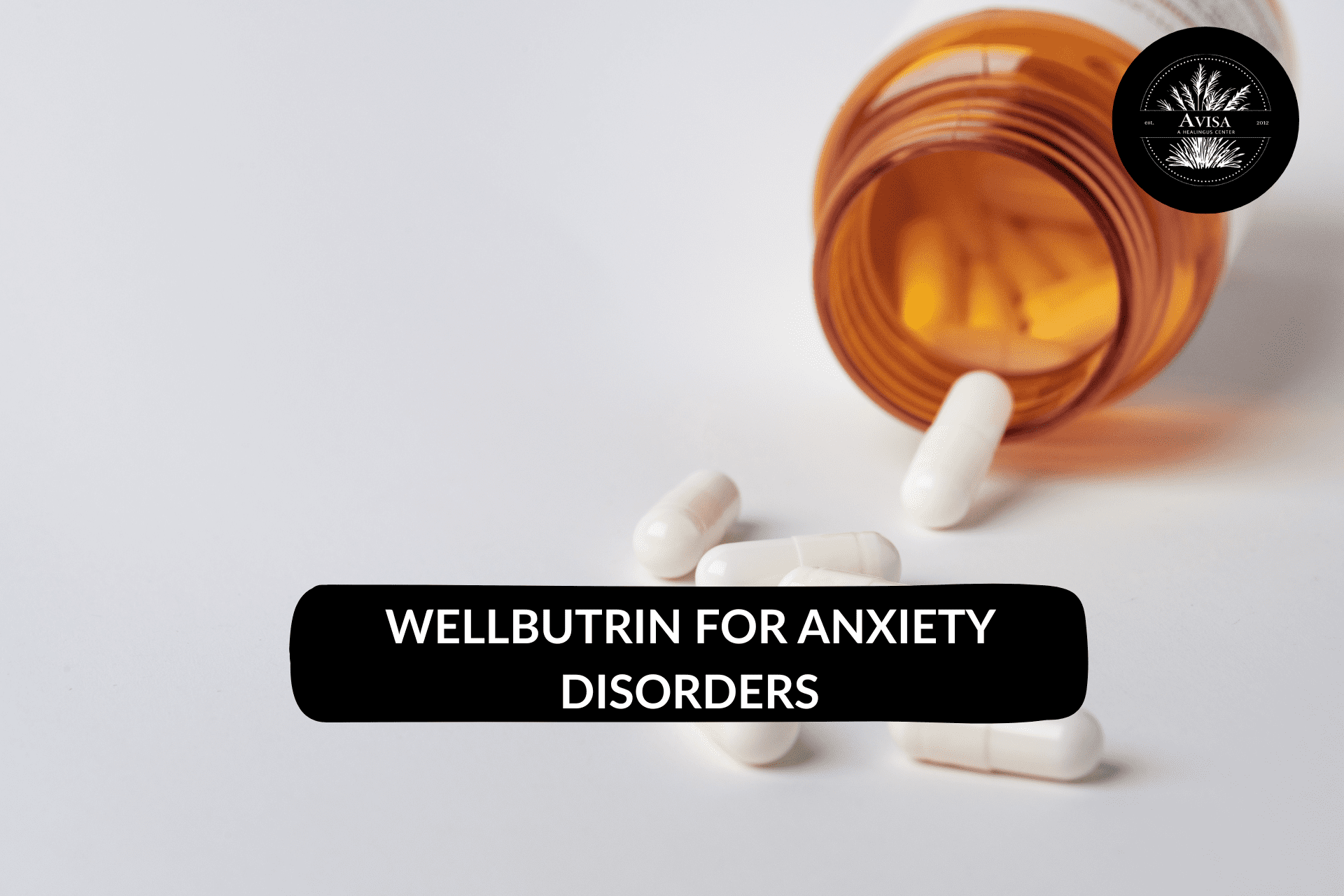Attachment anxiety disorder brings the fear of losing someone you love the most. It stays in the back of your mind, making it hard to feel secure. No matter how much reassurance you get, the doubt lingers. In fact, attachment anxiety disorder affects around 1% to 2% of adults in the U.S., making it a common but often overlooked struggle.
This constant worry takes a toll on emotional well-being. It can lead to stress, self-doubt, and even exhaustion. Trusting others feels difficult, and relationships may start to feel unstable. Without meaning to, the fear of being abandoned can create distance.
But understanding this pattern is the first step toward change. Healing happens through self-awareness, therapy, and open communication. The goal isn’t to fight these feelings but to build security from within. In this guide, we will take you through a detailed explanation of attachment anxiety disorder, how it develops, and treatment options that suit your needs.
What Is Attachment Anxiety Disorder?
Attachment anxiety is the intense fear of losing someone important. It’s not just a temporary worry, it lingers, making relationships feel unstable. Psychologist John Bowlby first introduced attachment theory in the 1950s, explaining how early bonds shape the way people connect throughout life. When those bonds feel uncertain, anxiety can take over, leading to a constant need for reassurance.
While babies naturally experience separation anxiety, most outgrow it by age 3. But for some, this fear doesn’t fade. It continues into adulthood, affecting relationships with partners, friends, or family. The fear of abandonment can lead to overthinking, emotional stress, and difficulty trusting others.
Here is the relief, Attachment anxiety isn’t permanent. Therapy, self-awareness, and a strong support system can help build security. Understanding this pattern is the first step toward healthier, more stable connections.
How Attachment Anxiety Affects Mental Health
When someone has attachment anxiety, their mental health begins to deplete. Here are some of the ways attachment anxiety affects mental health:
-
Reduces your self-esteem
If kept untreated for a long period, attachment anxiety can create a low self-image in which you feel unworthy of love, validation, and reciprocation. This happens because you tie your worth with others’ approval.
-
Difficulty in forming healthy bonds
Due to traumatic past experiences, you might find it difficult to indulge in relationships, be open about yourself, and result in pushing the other person away.
-
Depression
Once you start associating every aspect of your life with that one relationship, you tend to go through depressive thoughts, feelings of loneliness, fear of abandonment and hopelessness.
Signs That Attachment Anxiety Has Become a Disorder
A little anxiety in relationships is normal. But when it takes over your thoughts, emotions, and daily life, it may have turned into a disorder. Here’s how to recognize it:
-
Overthinking Everything
Do you find yourself replaying past conversations, analyzing every text, and questioning every word? This constant overthinking can make it hard to feel secure in relationships.
-
Needing Constant Reassurance
No matter how many times someone reassures you, the fear of being abandoned never fully goes away. The need for validation becomes exhausting—for both you and the people around you.
-
Emotional Instability
One moment, everything feels fine. Next, fear and insecurity take over. Mood swings, self-doubt, and the fear of being left behind can create emotional chaos.
-
Impact on Daily Life
Attachment anxiety doesn’t just affect relationships. It can drain energy, reduce focus at work, and make it hard to enjoy hobbies or social activities. It slowly creeps into every part of life.
-
Physical Symptoms
Anxiety isn’t just mental—it takes a toll on the body too. Trouble sleeping, constant fatigue, or even physical discomfort can show up over time. When ignored, these symptoms can get worse.
If any of this feels familiar, know that you’re not alone. Awareness is the first step, and help is available. With the right support, it’s possible to build healthier, more secure relationships.
Treatment Options for Attachment Anxiety Disorder
Attachment anxiety isn’t something that disappears overnight, but it can be managed. With the right approach, you can build healthier relationships and find emotional balance. Here are a few ways to work through it:
-
Practice Mindfulness
The mind tends to wander, especially when anxiety kicks in. When you catch yourself overthinking or drowning in worry, take a deep breath. Focus on the present—what you see, hear, and feel around you. Going to a new place, even for a short walk, can also help break the cycle of anxious thoughts.
-
Build Healthy Relationships
Surround yourself with people who respect your emotions and create a sense of security. Healthy relationships aren’t about constant reassurance but about mutual trust and understanding. Open communication, clear boundaries, and emotional support go a long way.
-
Seek Therapy
A therapist can help you understand where your attachment anxiety comes from and guide you toward healthier coping strategies. Therapy provides tools to manage fears, reframe thoughts, and build self-confidence in relationships.
-
Consider Recovery Programs
If attachment anxiety is severely affecting your life, structured recovery programs can help. These programs focus on emotional regulation, self-awareness, and relationship skills. They offer a space to work through fears with guidance and support.
Healing takes time, but it’s possible. The goal isn’t to erase attachment anxiety completely—it’s to learn how to solve the relationship puzzle without fear taking over.
Healing Attachment Struggles: How Avisa Recovery Can Make a Difference
Attachment anxiety can make relationships feel uncertain and emotionally draining. The fear of abandonment, overanalyzing every conversation, and constantly seeking reassurance can create stress that affects both your mental and physical health.
At Avisa Recovery, we understand how deeply attachment struggles can affect your life. Our team of experienced professionals has helped over 20,000 families in New Jersey find emotional balance and build stronger connections. Through therapy and recovery programs tailored to your needs, we guide you toward healthier coping mechanisms, self-awareness, and trust-building in relationships. Whether it’s one-on-one counseling, group therapy, or structured recovery plans, we’re here to support your journey.
If Attachment anxiety disorder is left unaddressed, it can impact your confidence, daily life, and overall happiness. Attachment anxiety doesn’t define you, and with the right guidance, you can create more secure and fulfilling relationships. Take the first step toward healing and Avisa Recovery is here to help.
Frequently Asked Questions (FAQs)
Q: What does attachment anxiety feel like?
A: It feels like a constant fear of abandonment, overthinking relationships, and needing reassurance.
Q: Can you cure anxious attachment?
A: While it can’t be “cured” instantly, therapy and self-work can help develop a secure attachment style.
Q: How do I heal my attachment style?
A: Healing involves self-awareness, therapy, building healthy relationships, and practicing emotional regulation.
Q: How to self-soothe when anxious?
A: Deep breathing, grounding techniques, journaling, and positive self-talk can help calm anxious thoughts.
Q: How can you tell if someone has an anxious attachment?
A: They may seek constant reassurance, fear rejection, overanalyze interactions, and struggle with trust in relationships.











